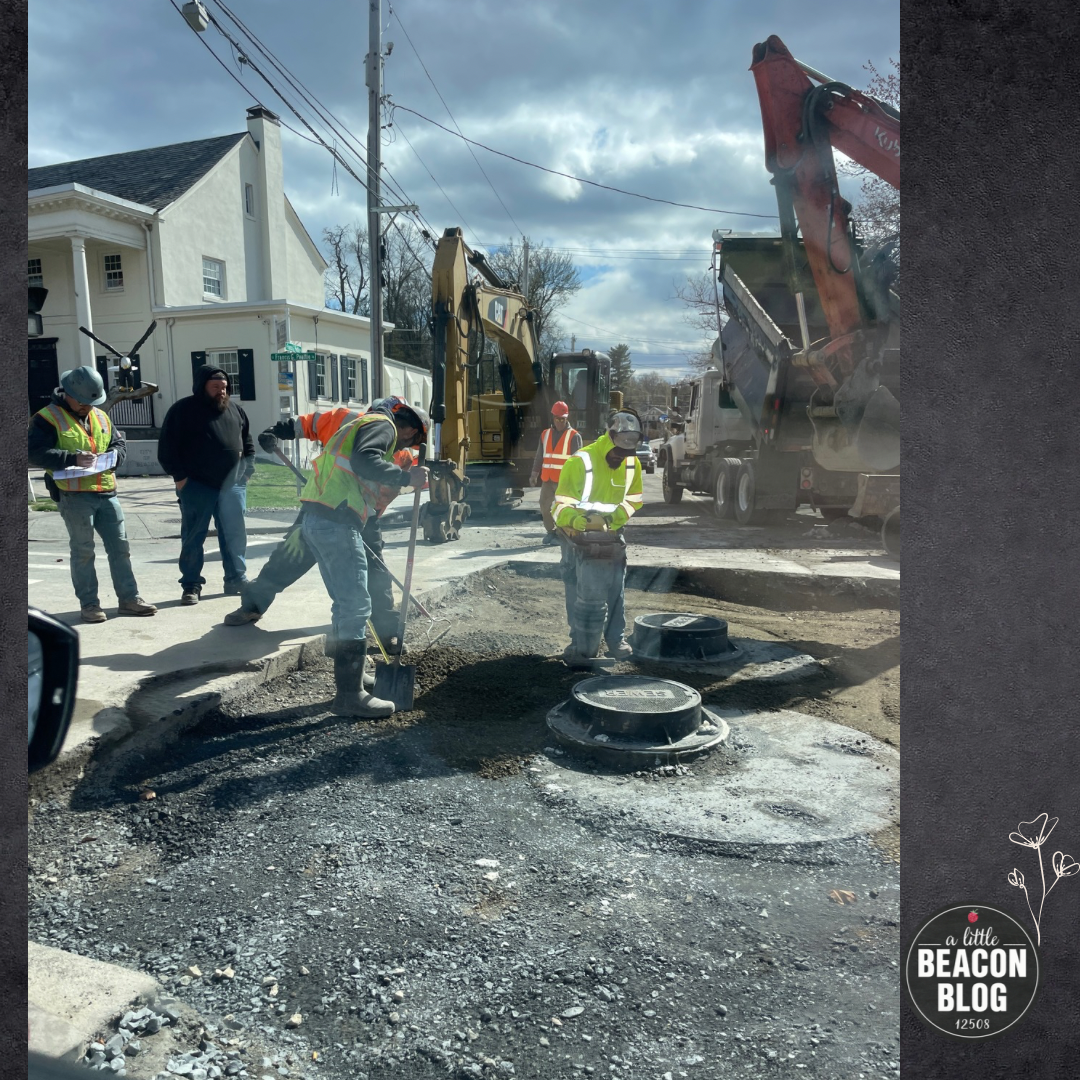One evening, a reader wrote in with a question, having read one of our articles about filming in Beacon. My husband, David Martin, is a Location Manager for film and television. Mainly his work is in New York City, but the sphere of filming has been expanding to out here in the Hudson Valley. Dutchess Tourism has been promoting this area to film productions for years, and CineHub also works with film production companies looking to film in the area, to help them make the production a little easier.
Below is an interview with David the Locations Manager to gather some tips about renting out your home to a film crew to be used as a location:
Q: What should I charge to rent out my house as a film location?
A: The location fee - which is for the use of your home - just depends on what you’re willing to allow. The fee will include Prep Day(s), Shoot Day(s), Wrap Day(s). Several days could fall into Prep, Shoot, or Wrap Days. It all depends on what the production needs to do, and what their budget is. A full Shoot Day is 12 to 14 hours on average. You should be asking for more money for the Shoot Day, as those days are more involved with what the crew needs to do.
Wrap Days (aka Restoration Days) include putting your house back together the way that it was. You’ll want to consider to what extent you want the film production to do this. For example: are they painting a room in your house a different color? Do you like that color? Or do you want it back the way it was? You could even speak to the Production Designer to possibly find a new color that works for you and the movie or TV show. It’s a win/win. The production saves on labor and materials, and the homeowner gets a new paint job. It doesn’t always work out that way, however.
The amount of the fee is an arbitrary number. They are basically paying you for the disruption to your home and your life. How much is that disruption worth to you? If it’s big-budget production, you’ll probably get a larger fee. If it’s a smaller-budget production, it may be a smaller fee just because of budget constraints on the production.
Q: How can I arrive at a good location fee?
A: Always break the fee down by:
How many Prep Days they need to make your home look like what they need it to look like.
How many Shoot Days - which is a much larger disruption. You can stay in your home, but depending on what they are doing, the production may want to put you up in a hotel. For example: filming in your bedroom, or shooting very late into the night and you don’t want to stay up that late.
Typically Prep and Wrap Day fees are much less than the Shooting Day fees.
Q: Should these “type of day” fees be spelled out in the contract?
A: Yes. In the terms listed in the contract, the fees will be, or should be, spelled out. So much money for the Shoot Days, and how many hours that covers. And even for those hourly breakdowns on the type of day, that is part of your negotiations as well.
The production might be able to shoot the space as-is, and not need full Prep Day. It will always be different. Don’t do anything without a contract that spells this all out.
Q: Do I need insurance?
A: Don’t do anything without insurance. The production company will have insurance for the homeowner or business owner for filming on their property. Unless it’s a student film. The City of Beacon’s permits require proof of insurance before they even consider issuing the permit.












































